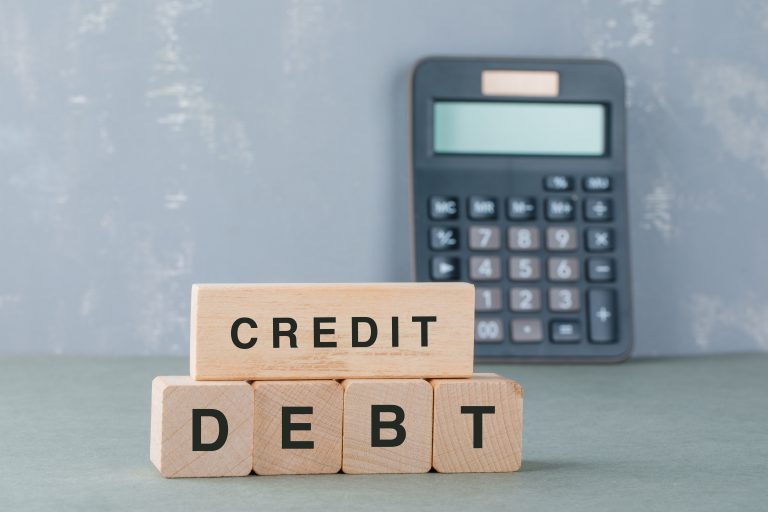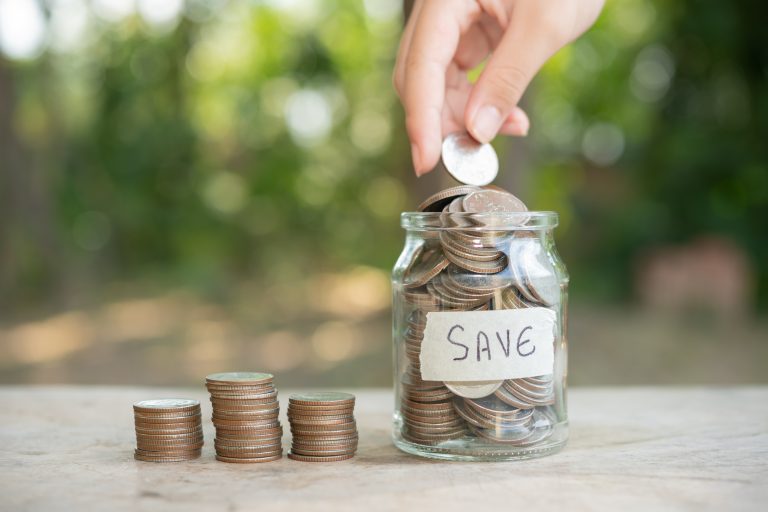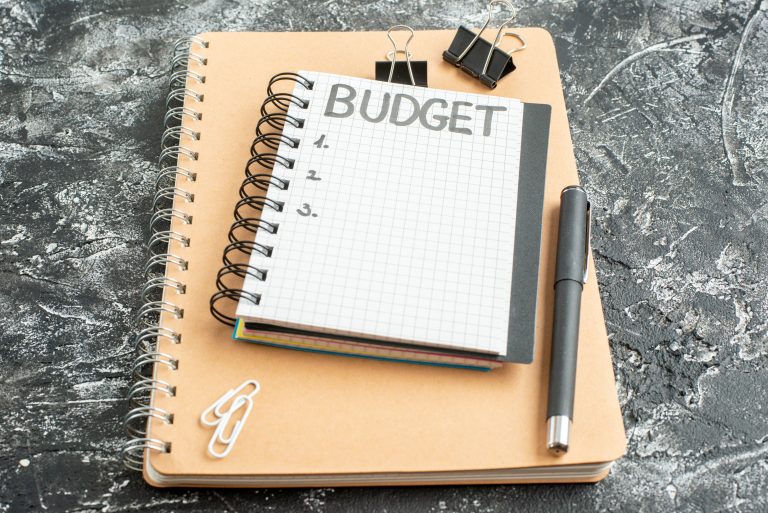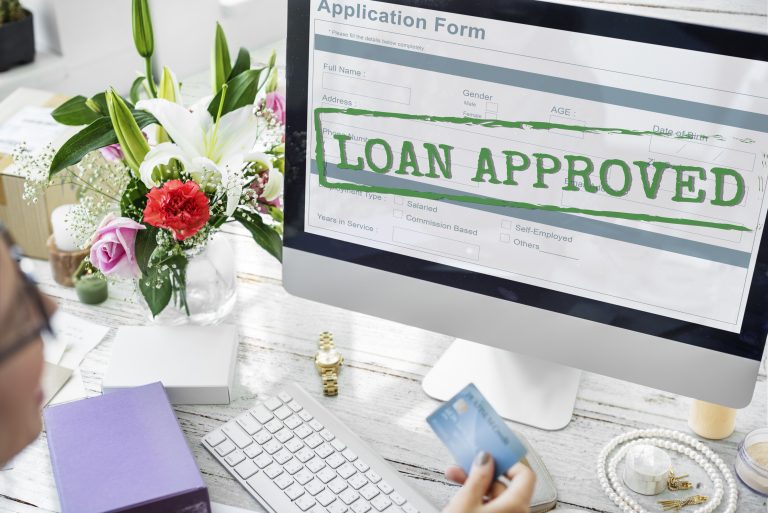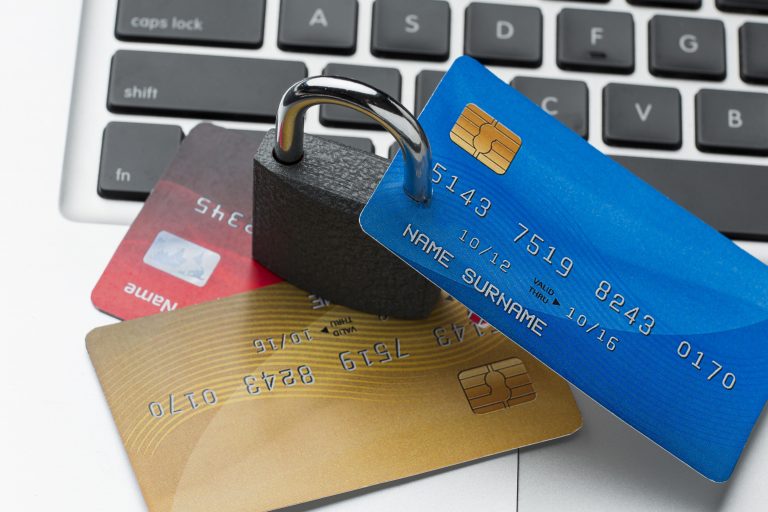Finding the right debt strategy

The debt snowball and debt avalanche methods are two very popular debt repayment methods used today. These two methods focus on paying off a particular loan first while also making minimum payments to the rest of your creditors.
You can also opt for debt consolidation to clear out multiple debts at once and reduce the number of creditors you deal with on a monthly basis.
Debt snowball
The first strategy to pay off debt is called debt snowball. This method involves taking stock of your debts and listing down their balances from smallest to largest.
With the debt snowball method, you put in as much money as possible towards your debt with the smallest balance. In addition to this, the method requires that you also pay the minimum amounts for the rest of your debts.
Once you have cleared the smallest debt, you will then transfer this amount in monthly payments towards your second smallest debt. Again, this is in addition to the minimum payments already being made.
As you can see, your payments “snowball” as you pay off debt from smallest to largest until you knock out all the debt that you owe. This method’s advantage is that it gives you some early wins to keep you motivated. Its downside however is that you might end up paying more interest in the long run.
Debt Avalanche
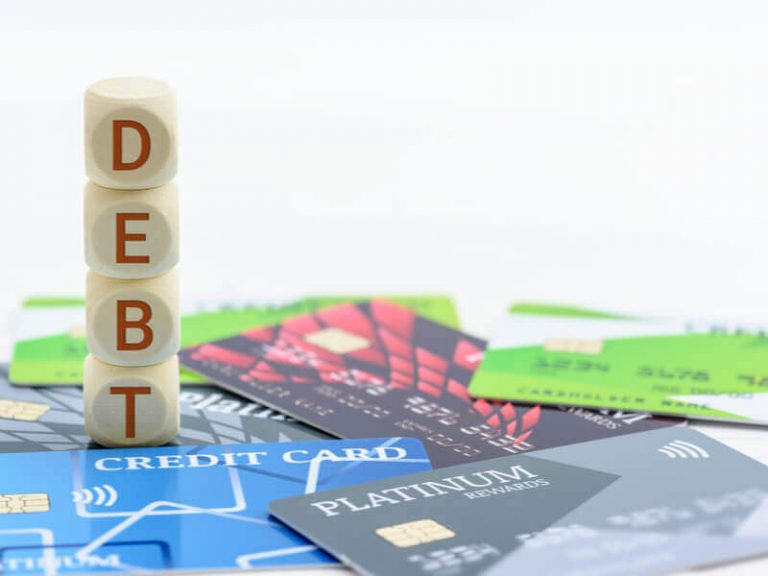
With this method, you list down your debts by interest rate and prioritize paying off the debt with the highest interest rate first. Just like the debt snowball method, you will also maintain minimum payments towards your other debts with lower interest rates.
The biggest advantage of this method is that it lets you pay off debt which costs the most in the soonest possible time. By clearing out your loans this way, you gradually end up paying less in interest over your repayment period.
On the other hand, a disadvantage of the debt avalanche method is that it typically takes longer to close accounts. This makes this method more of a grind before you can start to feel the liberation of being debt-free.
Debt consolidation
If you have multiple creditors, you might have difficulty keeping track of interest rates, due dates, payments made, and other important details. If this sounds like you then debt consolidation might be a good idea to pay off debt.
Debt consolidation involves you taking out a lump sum loan to pay off the total amount of your individual loan balances. Having just one creditor removes a lot of the hassle and paperwork that can overwhelm you.
To get the most value, make sure that the interest rate of the debt consolidation loan is lower than the average interest rate of your other debts. Otherwise, debt consolidation will end up costing you even more.
DIY debt management plan

The next tip is to reduce your expenses. Lowering living expenses means that more cash can go to paying your debts. Big wins include slashing expenses in housing, transportation, and food. Easy wins include minimizing recurring expenses like monthly subscriptions and car insurance.
Paying off your debts affects your credit scores, so be sure to order a credit report. This way, you can correct any inaccurate details in the payment history and debts listed. Additionally, any debts which have been forwarded to a collection agency will show up in the credit report.
Another tip is to actually contact your credit card company. You can talk to a rep to work on a repayment schedule and even negotiate a lower interest rate if you have a good history of paying on time.
In some cases, it is even possible to negotiate to pay a lower amount than what you actually owe!
How to continuously pay off debt
There are a number of ways for you to make sure that you pay off debt continuously and consistently. If you cannot get your creditors to budge on your interest rates, then it is worth looking at a balance transfer.
In addition, there are debt relief strategies you may employ that may pull your score up. Your debts may be causing your poor credit score, so it makes sense to reduce them. You may use debt consolidation or debt settlement to help with that. Credit counseling may also help you with short-term and long-term personal finance.
There are balance transfer offers that have 0% intro APR for up to 18 months. If you have a credit card balance that you know you can pay off in that time frame, then transferring the balance could potentially save you money while helping you clear the debt faster too.
But to make sure you pay off debt continuously, you have to accept that some changes have to be made. For example, you can sell all unnecessary items to generate extra funds, find a part-time job or side hustle, or create and live on a bare-bones budget during your debt repayment period.
It would also be in your best interest to drop expensive habits and simply avoid the things that tempt you and your wallet the most.
Any extra cash you make can then be used to make payments above the minimum requirements of your creditors. Doing this saves you on interest payments and also speeds up the payoff process itself.
So what’s the bottom line? Remember that getting out of debt is 100% possible. It may not be an overnight success but you too can feel the freedom of being debt-free. All it takes is a solid plan and your discipline to follow it every single day.

